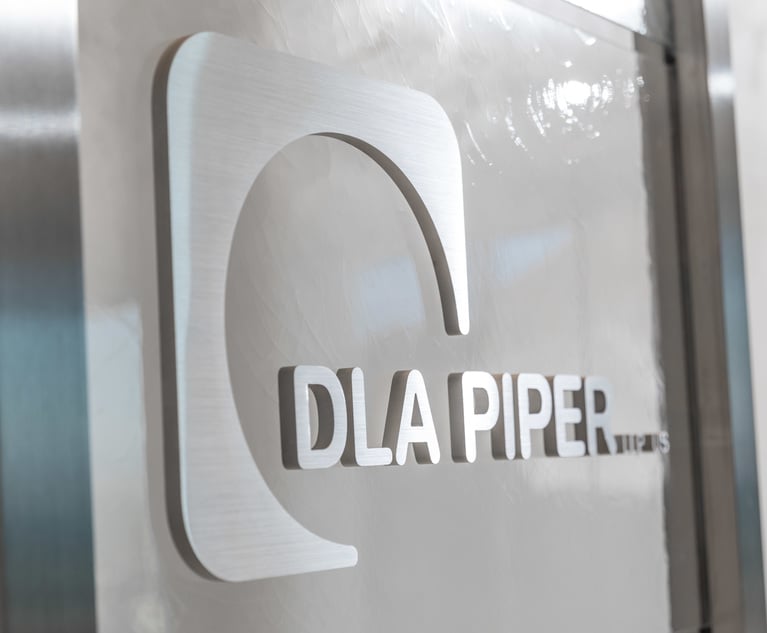UK competition law has received its biggest reorganisation since the Restrictive Practices Act 1956 thanks to the Competition Act, which came into force this month.
The idea behind the Act is simple. It seeks to harmonise UK competition law with that of the European Union (EU) by preventing businesses from operating market share or price-fixing agreements and by controlling abuse of power by companies with a dominant market position.
What is controversial are the enormous powers of investigation and financial penalties that have been conferred on the Office of Fair Trading (OFT) and other regulators. Dawn raids, orders for the production of documents and even, in some cases, being able to demand answers to questions without any privilege against self-incrimination are just some of the weapons the OFT has been given to fight anti-competitive practices.
Many human rights and European Union lawyers fear the prospect of direct collision between these draconian powers and the equally extensive protections afforded by the European Convention on Human Rights, which becomes part of UK law when the new Human Rights Act incorporates the Convention on 2 October this year. Until now the Convention has only had force on an international level, and our national courts have been very careful not to apply judgments of the European Court of Human Rights (ECHR) in Strasbourg, even though a person claiming breach of a Convention right could seek relief from the Strasbourg Court itself.
This will all change in October. English judges will have to grapple with the European Convention directly under the Human Rights Act. Part of that act stipulates that judges themselves, unless they act in a manner that is compatible with the Convention, are acting unlawfully.
The most significant provision of the Human Rights Convention is Article 6, which guarantees a fair trial in criminal cases and in other civil law contexts. Although Article 6 does not expressly mention the right to silence or the privilege against self-incrimination, the ECHR has referred to them as rights that ‘lie at the heart of the notion of fair procedure under Article 6′.
Quite how extensive the case law is on the right to silence remains unclear.
For example, after the Guinness trial a few years ago Ernest Saunders was able to mount a successful challenge to the ECHR after being compelled to answer questions by virtue of compulsory powers given to inspectors under the 1985 Companies Act, which were similar to those now being given to the OFT. What is clear from the Strasbourg cases is that the rule against compulsion extends not just to the answering of questions, but also to the forced production of documents.
There are other reasons why the Human Rights Act, when it becomes law, might put a sharp brake on competition regulation. If our courts were to hold that investigations and sanctions by the OFT were criminal in nature then even greater protection would be given under Article 6. The most important of the extra protections accorded in criminal cases is the presumption of innocence. Following close behind is the right, where justice demands, to free legal assistance, to call witnesses and be able to cross-examine witnesses produced by the regulator.
So far, the Strasbourg court has been careful to exclude most disciplinary cases from the scope of criminal protection under Article 6 but there are a growing number of cases where the court has held that ‘regulatory’ fines in competition and fiscal cases are criminal in nature because of the severity of the fines that may be imposed. Given that companies may, under the Competition Act, be liable to fines of up to 10% of total group UK turnover for up to three years, it is highly likely that the Convention requires investigations and the imposition of sanctions to be subject to the widest possible protection under Article 6.
The approach of the Strasbourg Court and the UK courts after October 2000 may not be the same. Section 2 of the Human Rights Act merely requires our judges to take the Strasbourg cases ‘into account’, so we might see greater willingness by national judges to allow competition regulation to be enforced more severely than would be the case in Strasbourg.
On the other hand, it would be a brave person who was willing to place bets on this outcome.
Already, the English judiciary is receiving the most ambitious training programme on the Human Rights Act ever undertaken. Training emphasises that Convention rights are ‘a floor’ rather than ‘a ceiling’. The expectation must be that, after October 2000, competition law and human rights law might find themselves surprisingly, but increasingly, at odds.
Richard Gordon QC is a barrister at Brick Court Chambers and co-author of Judicial Review and the Human Rights Act 1998 to be published later this year by Cavendish.







